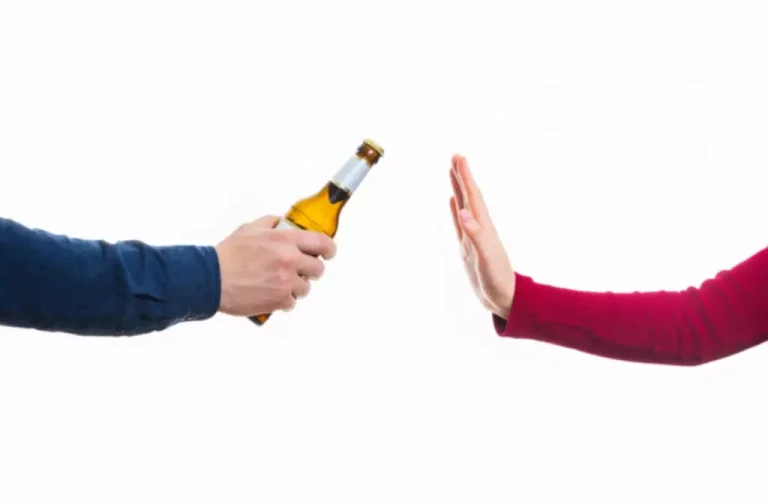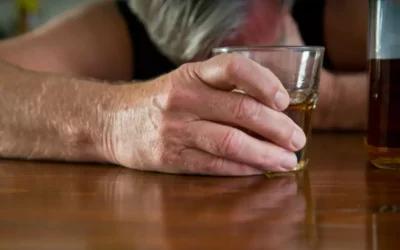6 Common Relapse Triggers

This is also the time to deal with any family of origin issues or any past trauma that may have occurred. But they can be stressful issues, and, if tackled too soon, clients may not have the necessary coping skills to handle them, which may lead to relapse. The negative thinking that underlies addictive thinking is usually all-or-nothing thinking, disqualifying the positives, catastrophizing, and negatively self-labeling [9]. These thoughts can lead to anxiety, resentments, stress, and depression, all of which can lead to relapse.
Common Relapse Triggers
- Relapse usually results from a mix of psychological, physical, and environmental triggers.
- And all strategies boil down to getting comfortable with being uncomfortable.
- Here are five common relapse triggers you may want to discuss with your therapist or counselor.
- Relapse triggers a sense of failure, shame, and a slew of other negative feelings.
Coping methods learned in therapy help people remain grounded and reduce the craving for the escapism of substance abuse. Global statements like “This action proves I am a failure” are harmful and can cause negative feelings that trigger a relapse. Leaving behind the all-or-nothing approach helps people take a more rounded view of their recovery and limit reactionary emotions.
- Discover how our brains distort past memories and the science to overcome relapse.
- Developing healthy coping mechanisms is the key to effectively managing stress and anxiety.
- Avoid external triggers whenever possible, and get rid of any item that may lead to a trigger.
- These can help you banish old patterns for good and learn new ways of thinking.
- Alongside family function, self-esteem and resilience are other pivotal factors influencing relapse tendency.
Recognizing Emotional Relapse

The stressors of daily life can include several triggers including coworkers, on-the-job stress, finances, and family tensions. Mindfulness practices include staying in the present, being aware of your surroundings (including potential triggers), and meditation. Mindfulness meditation is a way to recover your sense of well-being in the face of stress. Self-care habits make great strategies for responding to or preventing drug and alcohol cravings. They often involve people with whom you engaged in alcohol and drug addiction or places where it occurred.
Managing High-Risk Situations
- Reach out to a mental health professional, addiction treatment provider, or support group for guidance and assistance.
- Whether you or a loved one are experiencing challenges controlling their addictive behaviors, the road toward rebuilding self-control can be overwhelming.
- Triggers may decrease in frequency the longer someone abstains from substance use, but anyone in recovery needs to be prepared to respond appropriately when triggers do arise.
- Understanding the different types of personality disorders and available treatment options is essential for effective management and recovery.
- When a person’s self-efficacy is low, they may have a hard time believing in their ability to maintain sobriety.
- The practice of self-care during mind-body relaxation translates into self-care in the rest of life.
They just have to reset, practice healthy eating and get their blood sugar under control with the help of their doctor. Scheduling can also get stressful, as patients in treatment or aftercare may think about skipping therapy or support group meetings to attend family events they consider obligatory. The holidays also represent a break in routine that can influence a person’s desire types of relapse triggers to use a substance. One important study examined the effect of visual triggers in people who were former users of cocaine. Researchers showed the participants photos of cocaine and related situations and found that the images resulted in a subconscious emotional response in the brain. The researchers observed a rapid activation of the pathways related to drug cravings.

Recognizing people or places related to substance use is important when it comes to identifying external triggers. These triggers can be specific locations or individuals https://ecosoberhouse.com/ that remind someone of their past substance use. For instance, these places could be where they used to drink or hang out with people who encouraged their substance use.

Finally, they can reduce their risk of relapse by understanding their triggers and cravings and having a plan in place. Developing self-awareness, honing coping skills, and utilizing support systems are effective strategies for managing relapse triggers after exploring relapse and its coping strategies. Self-awareness is the power to recognize and comprehend one’s own emotions, thoughts, and behaviors.

